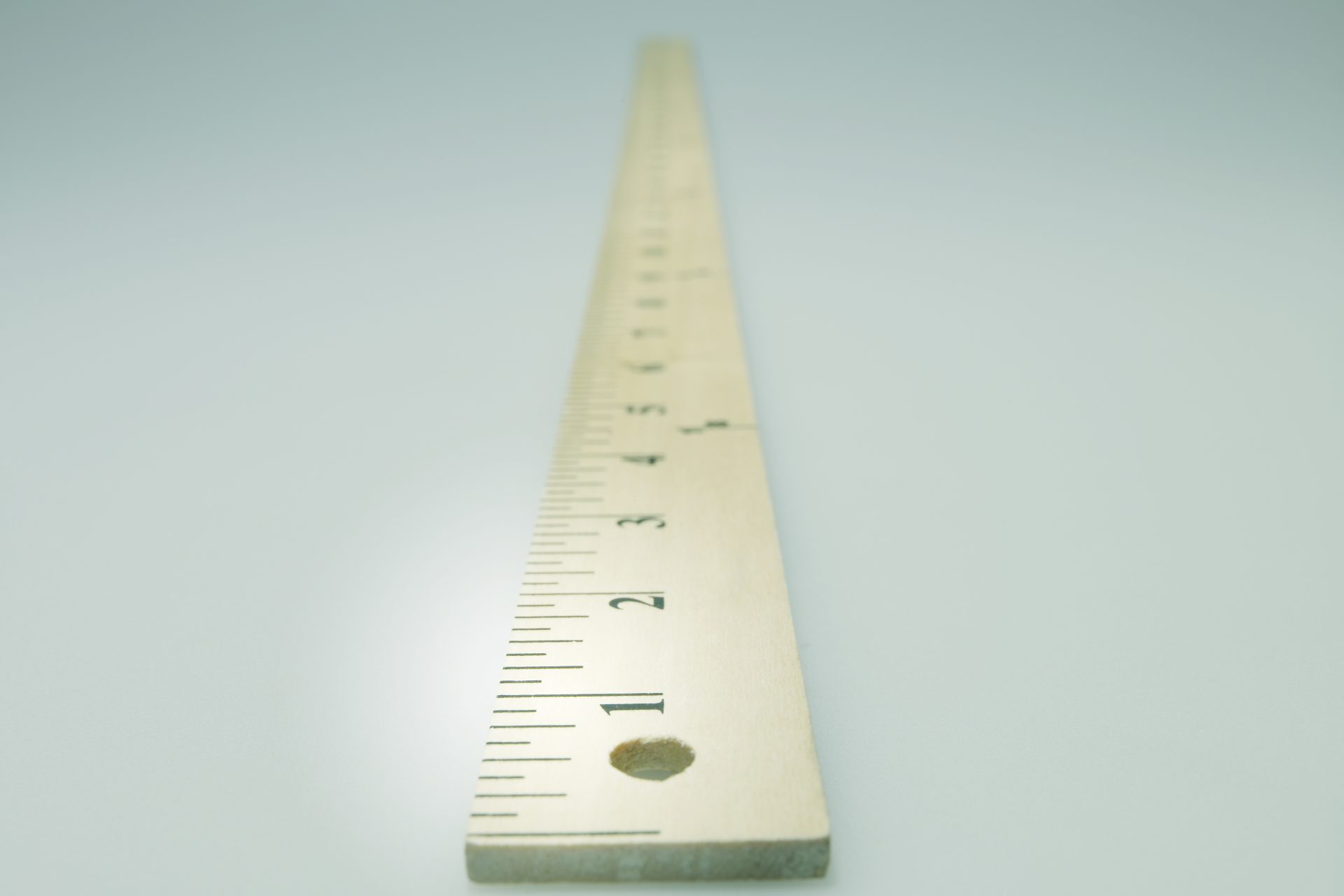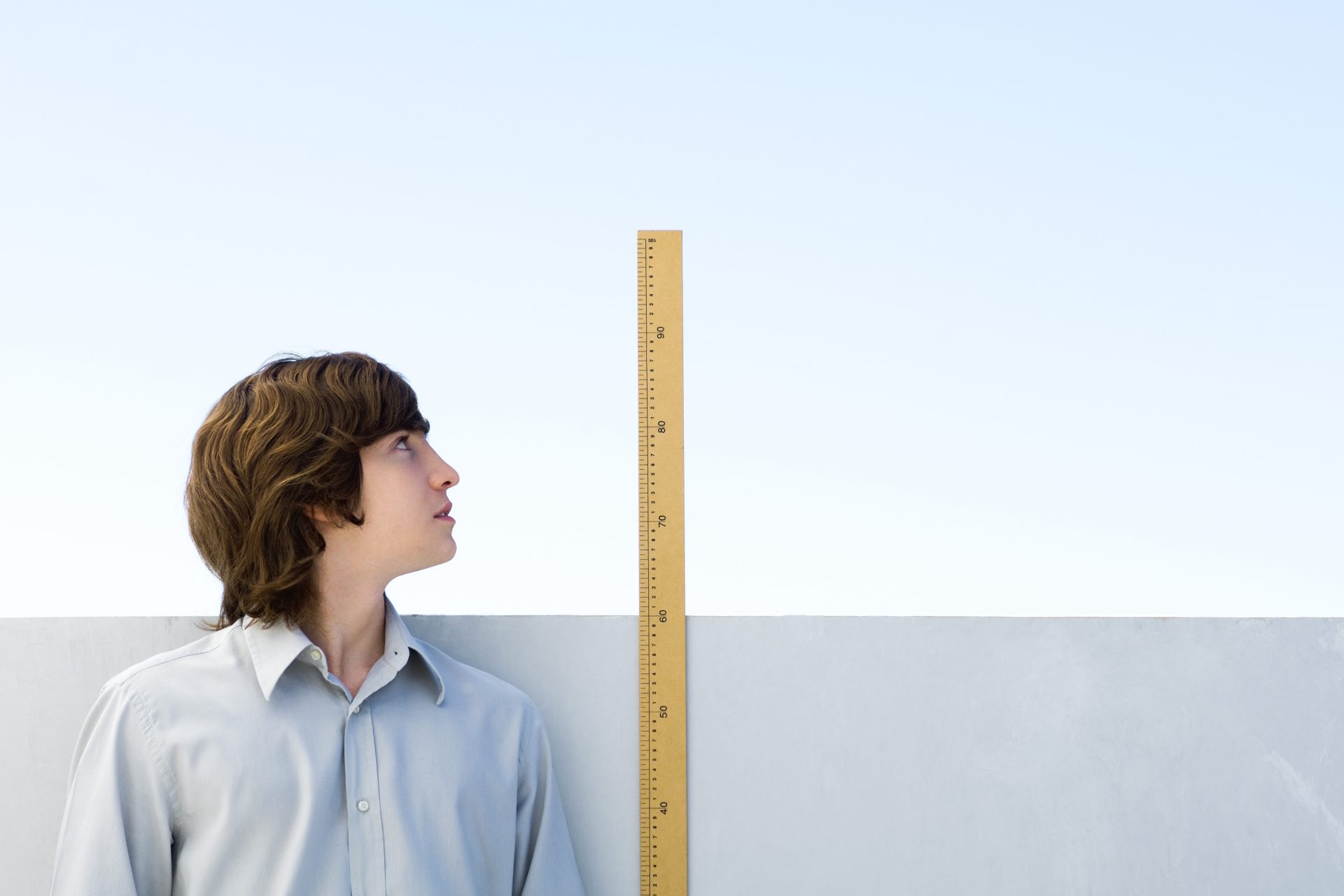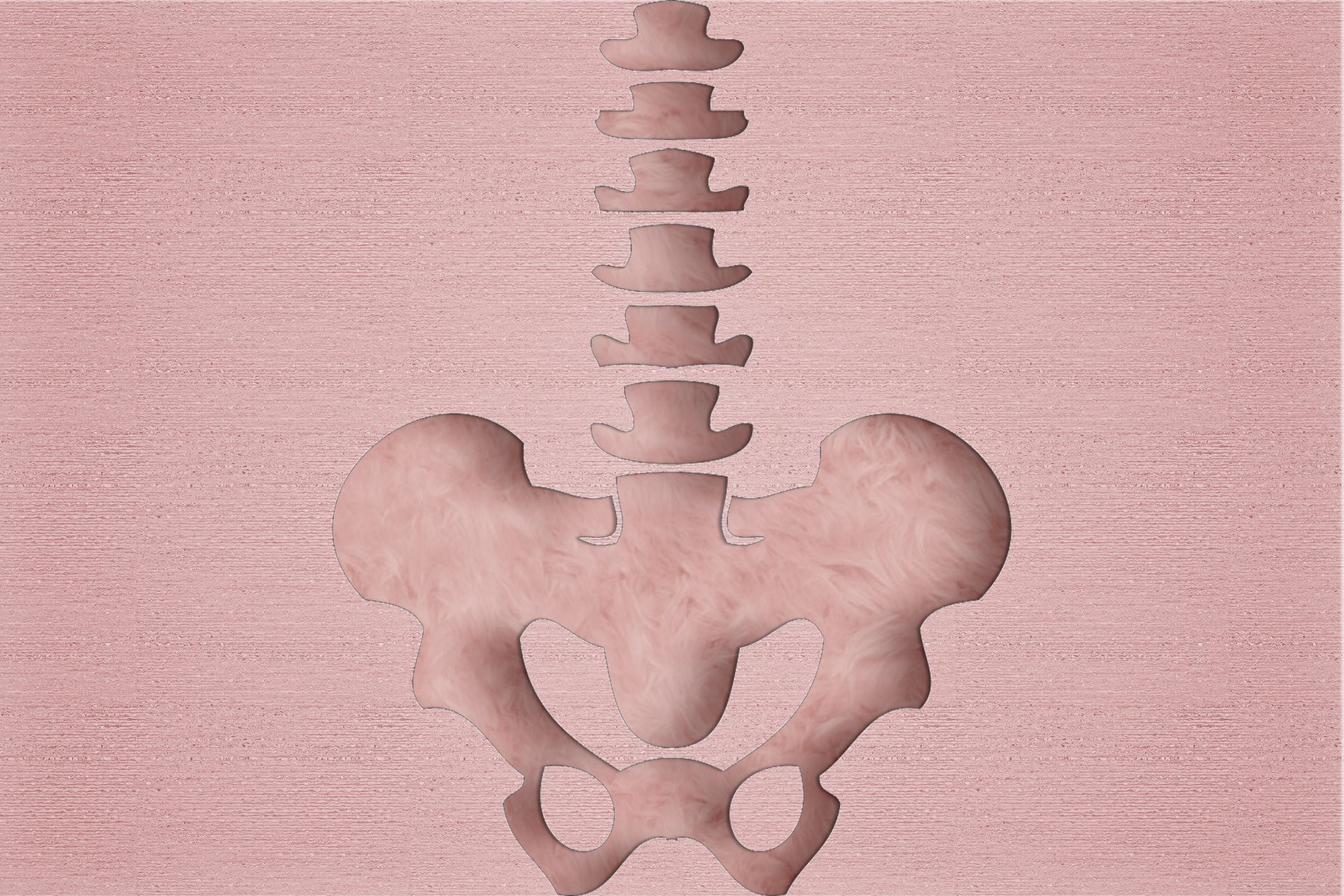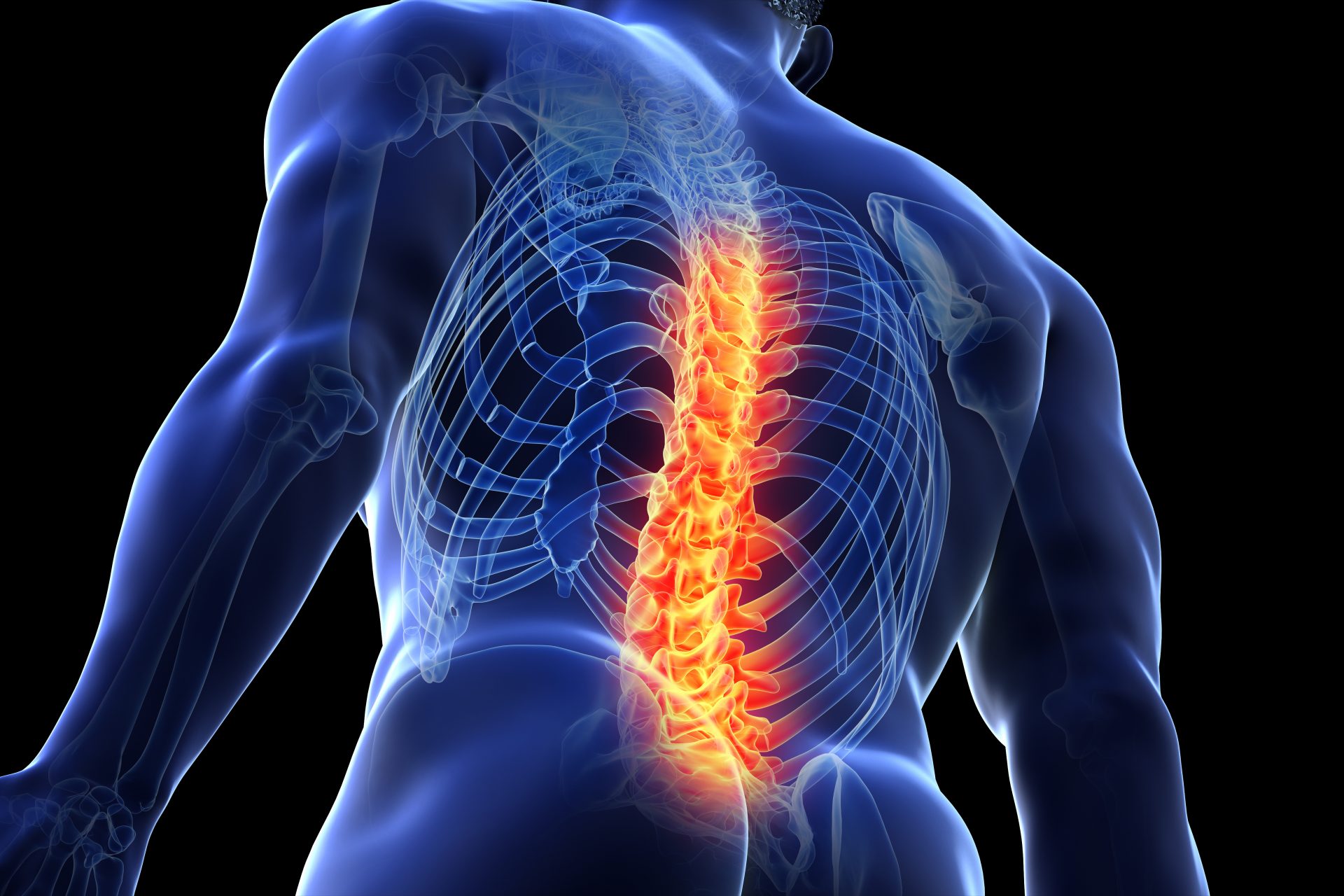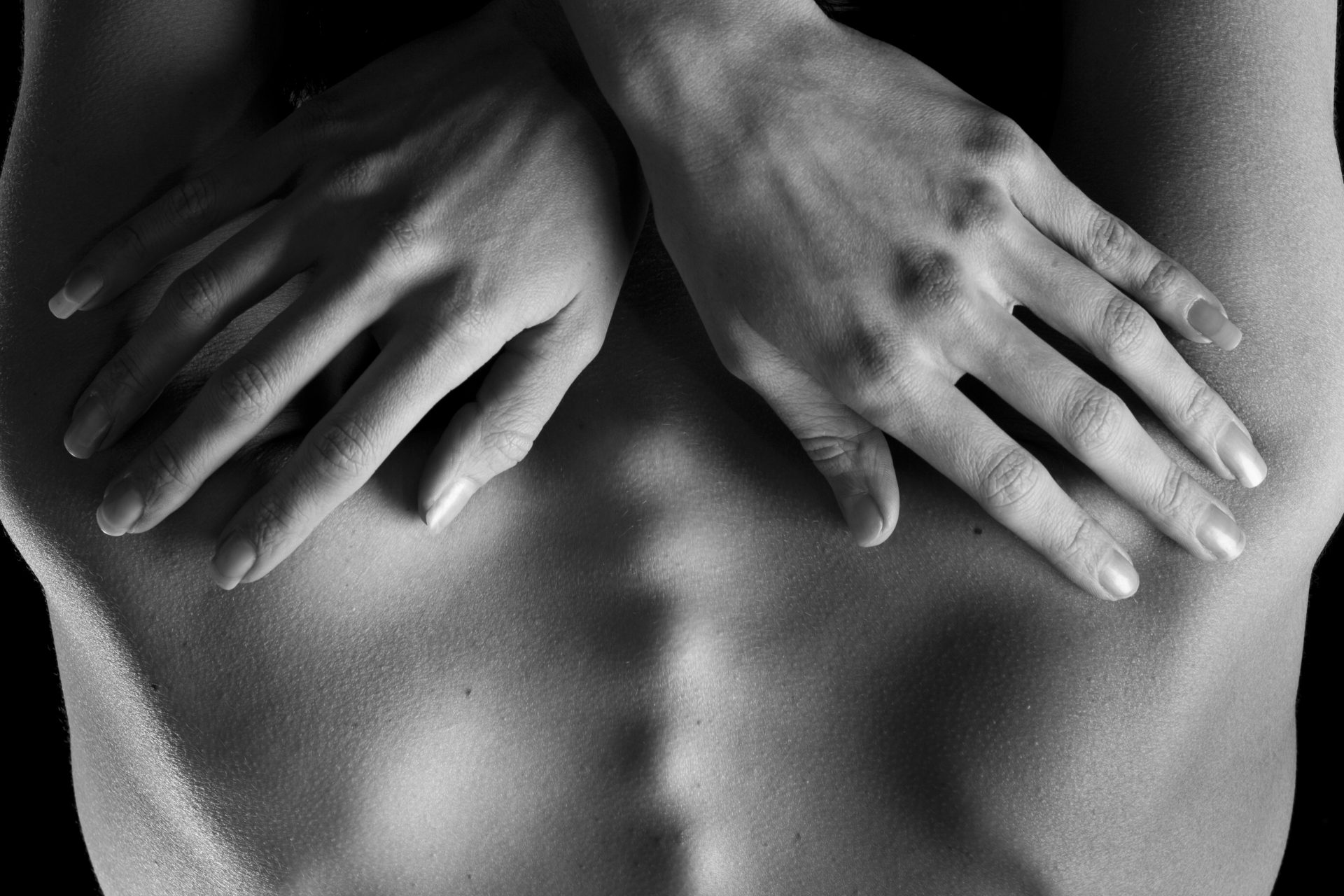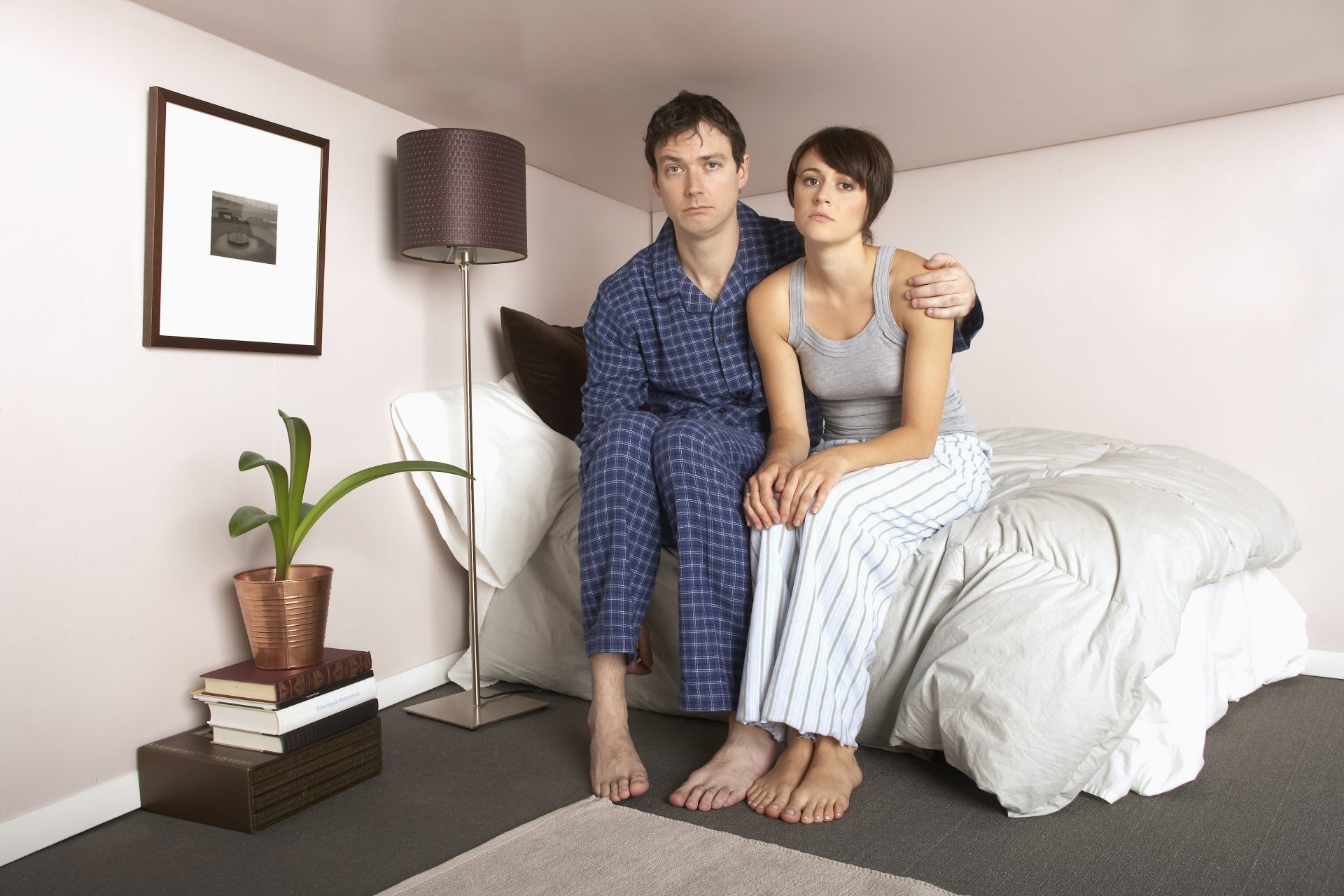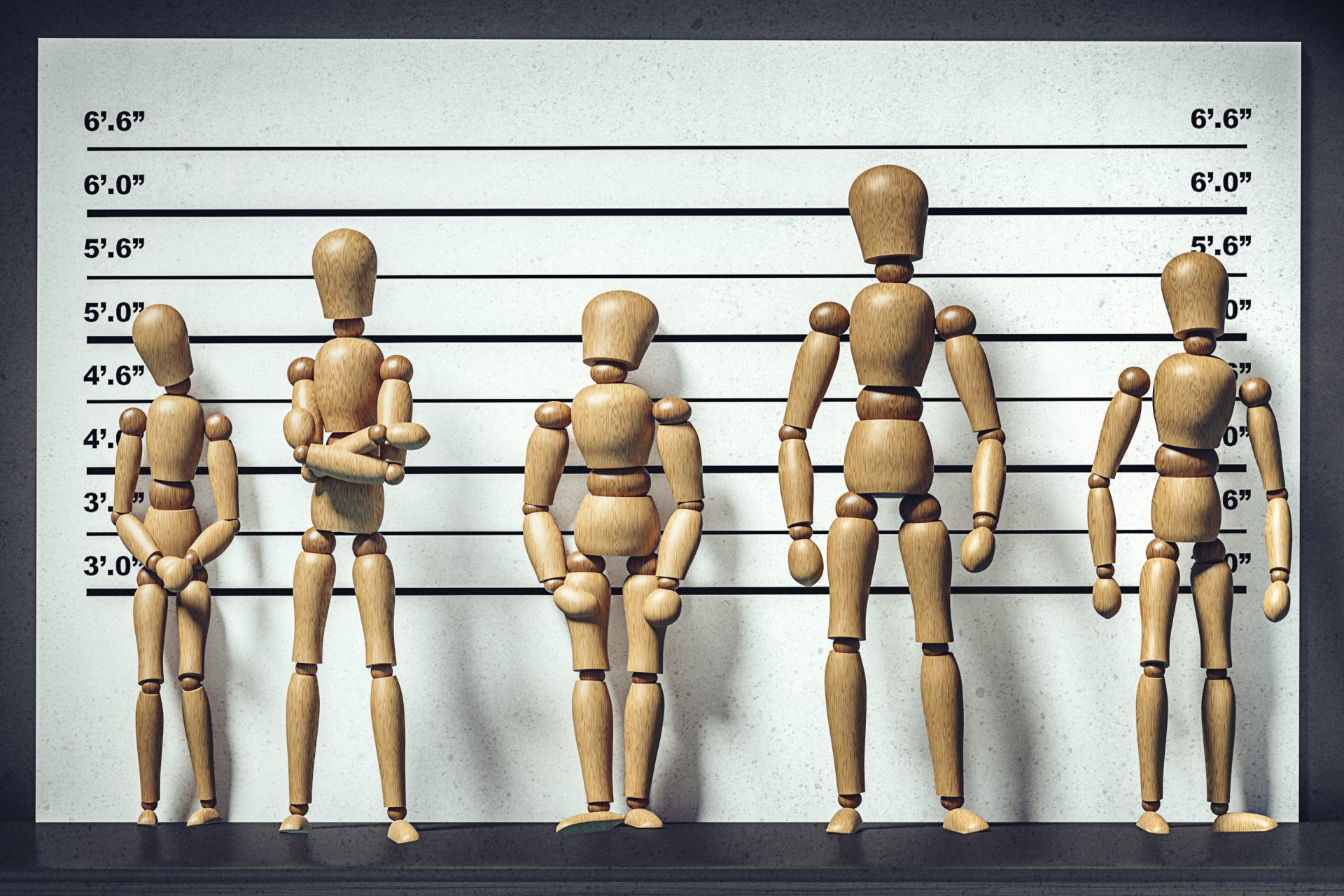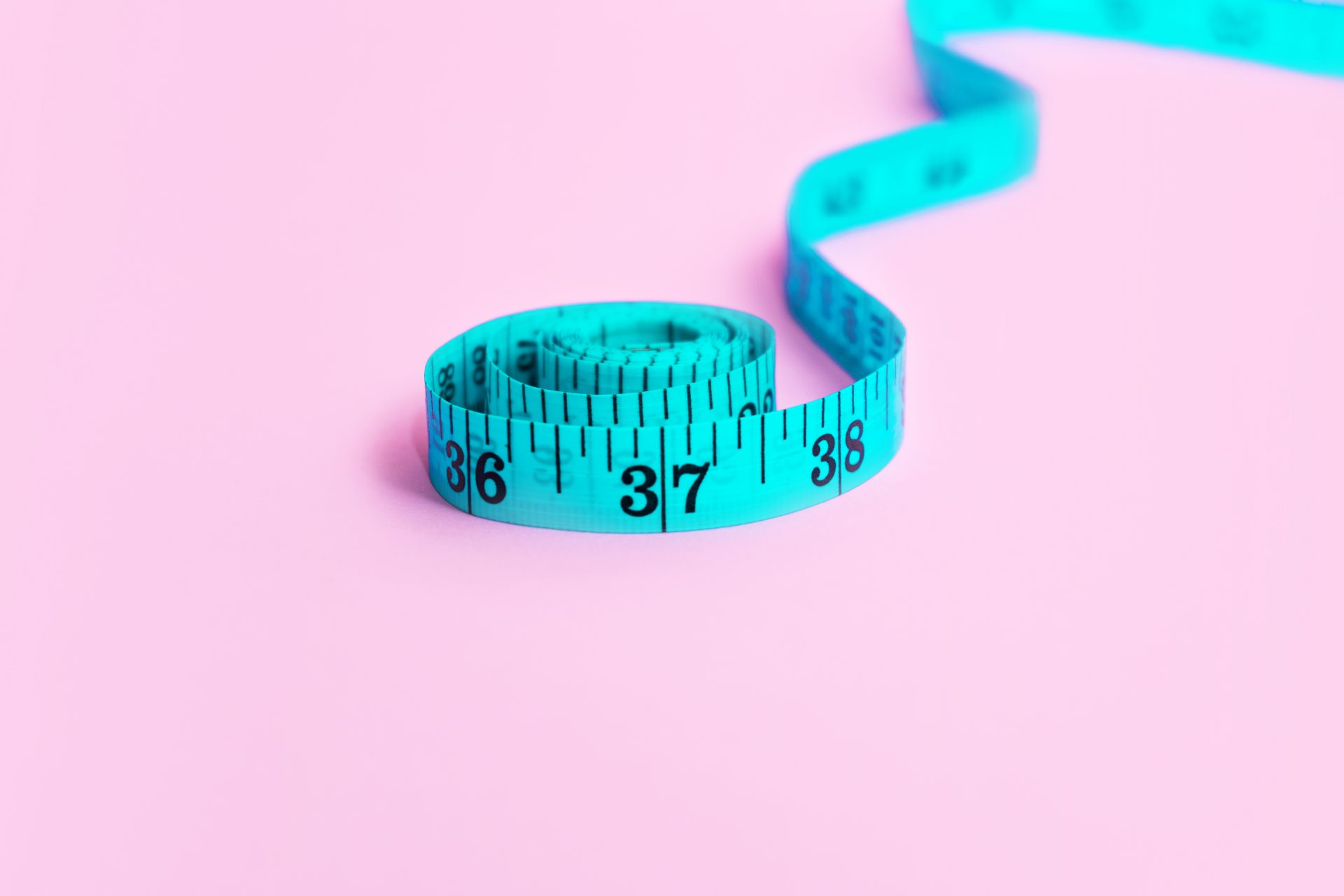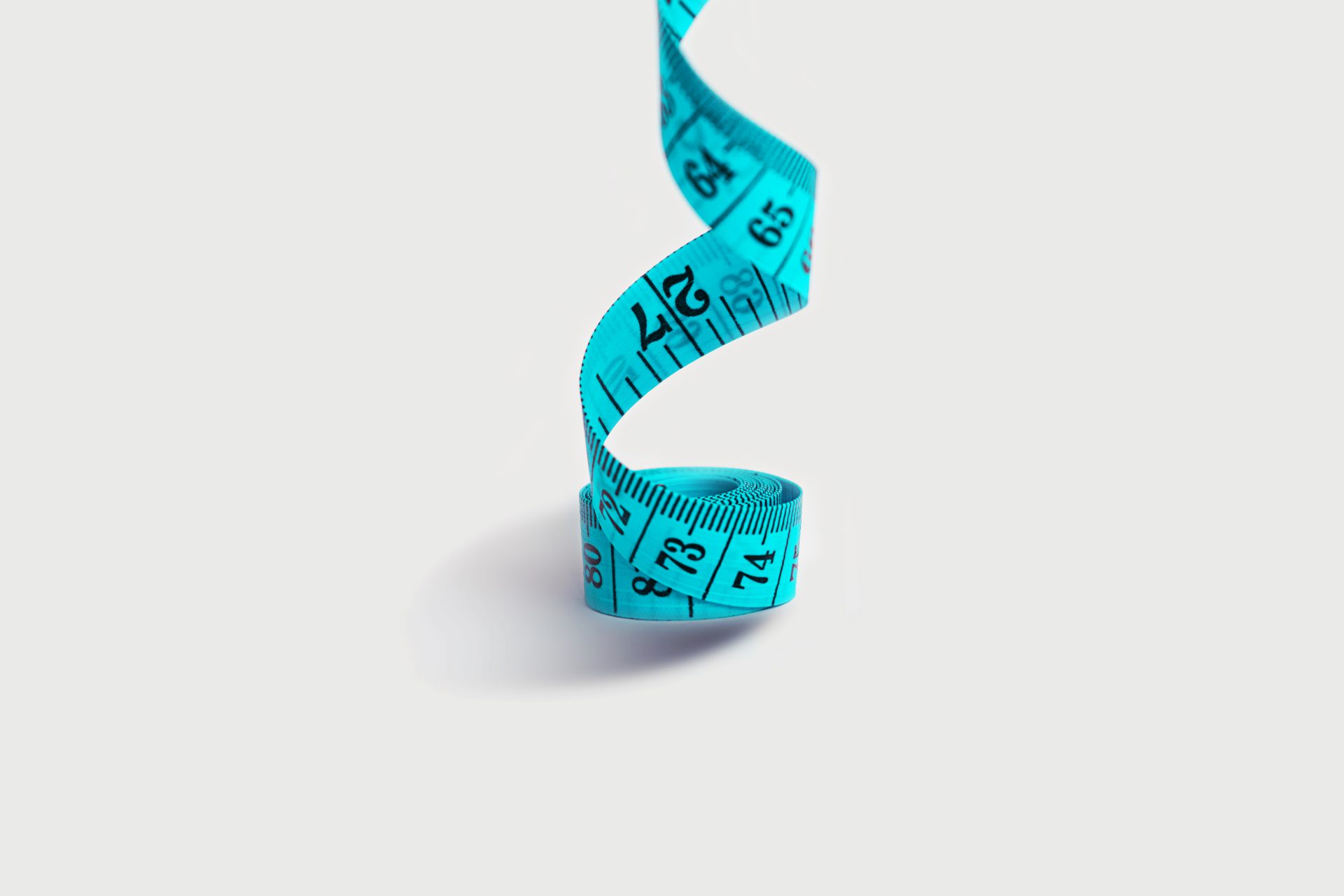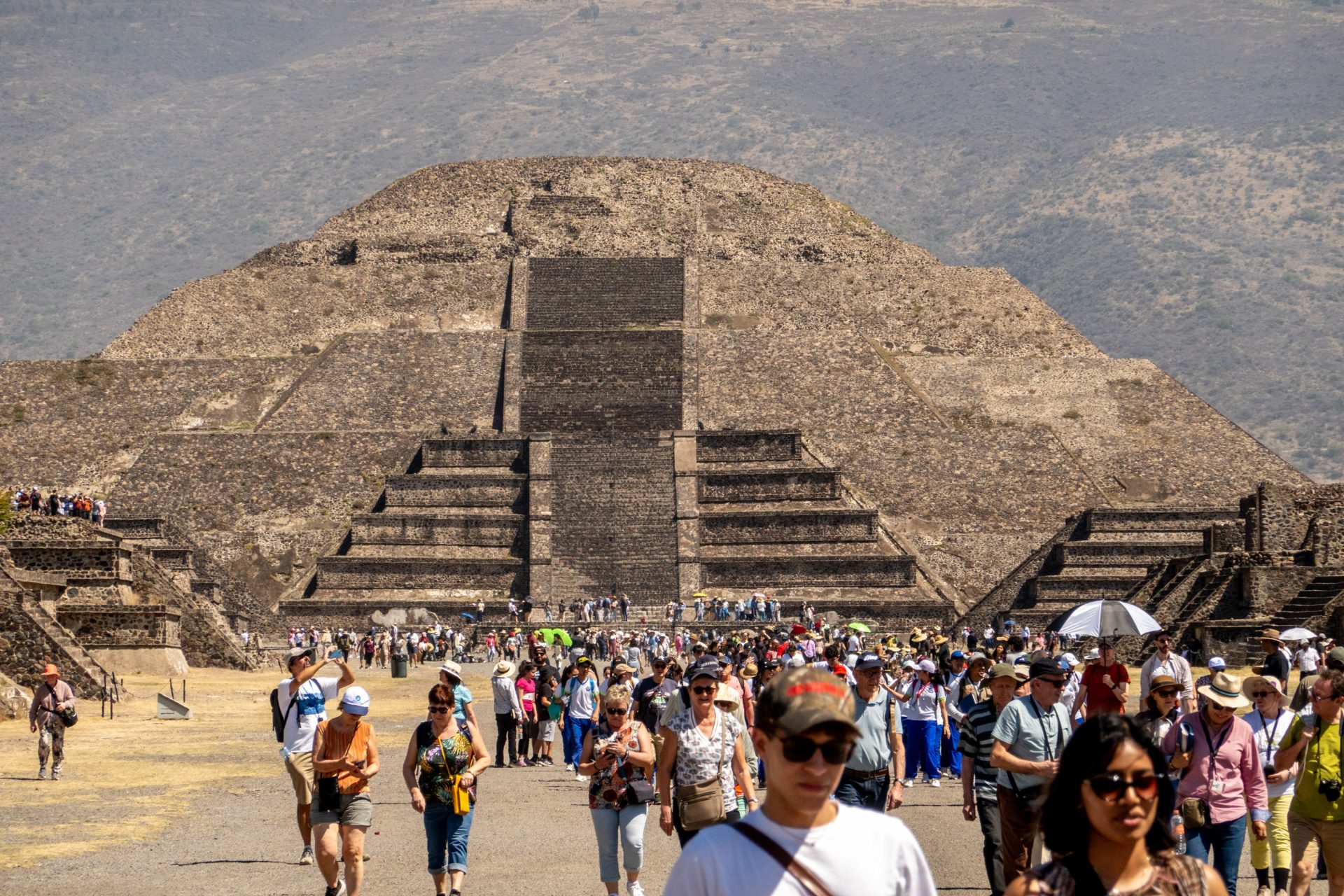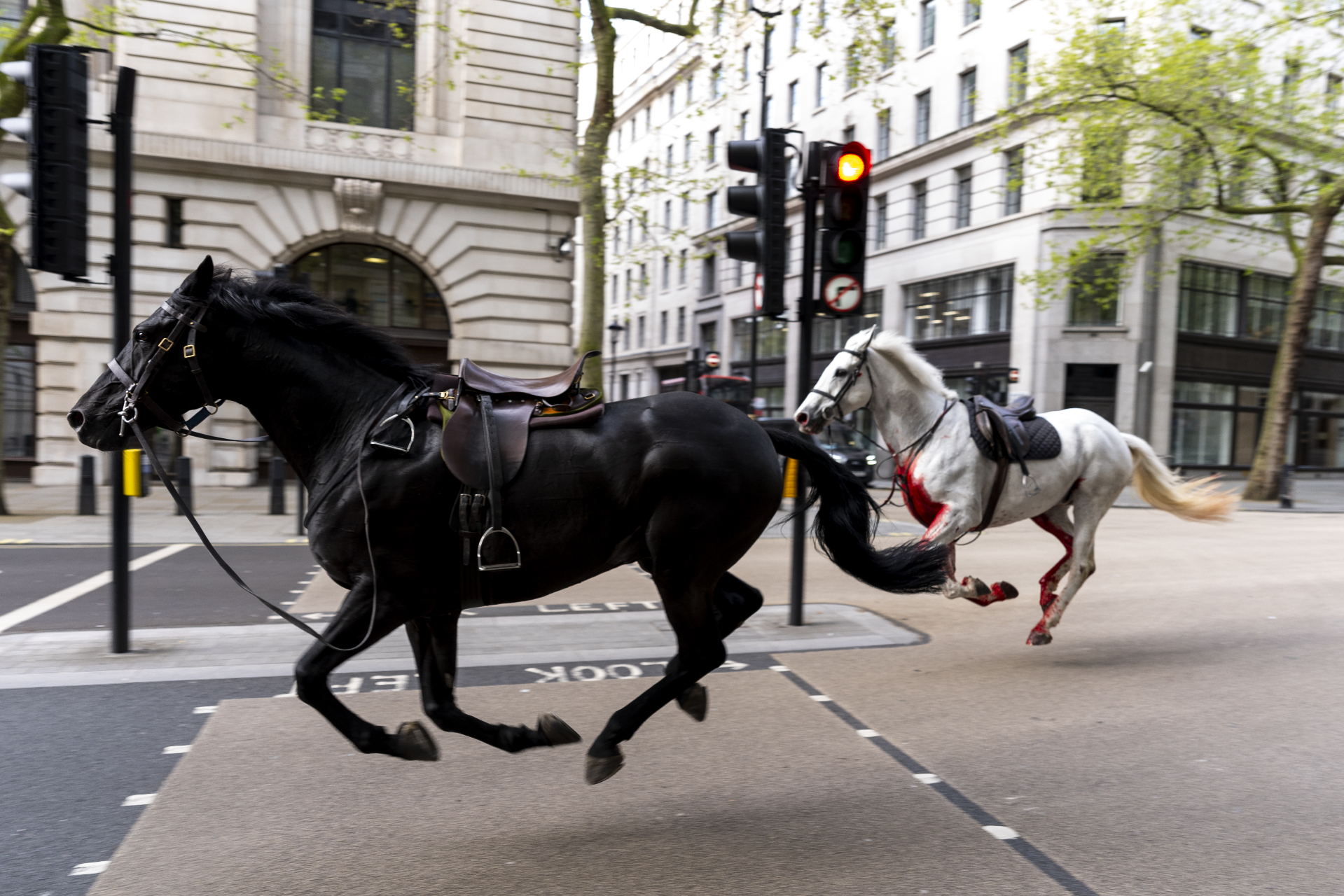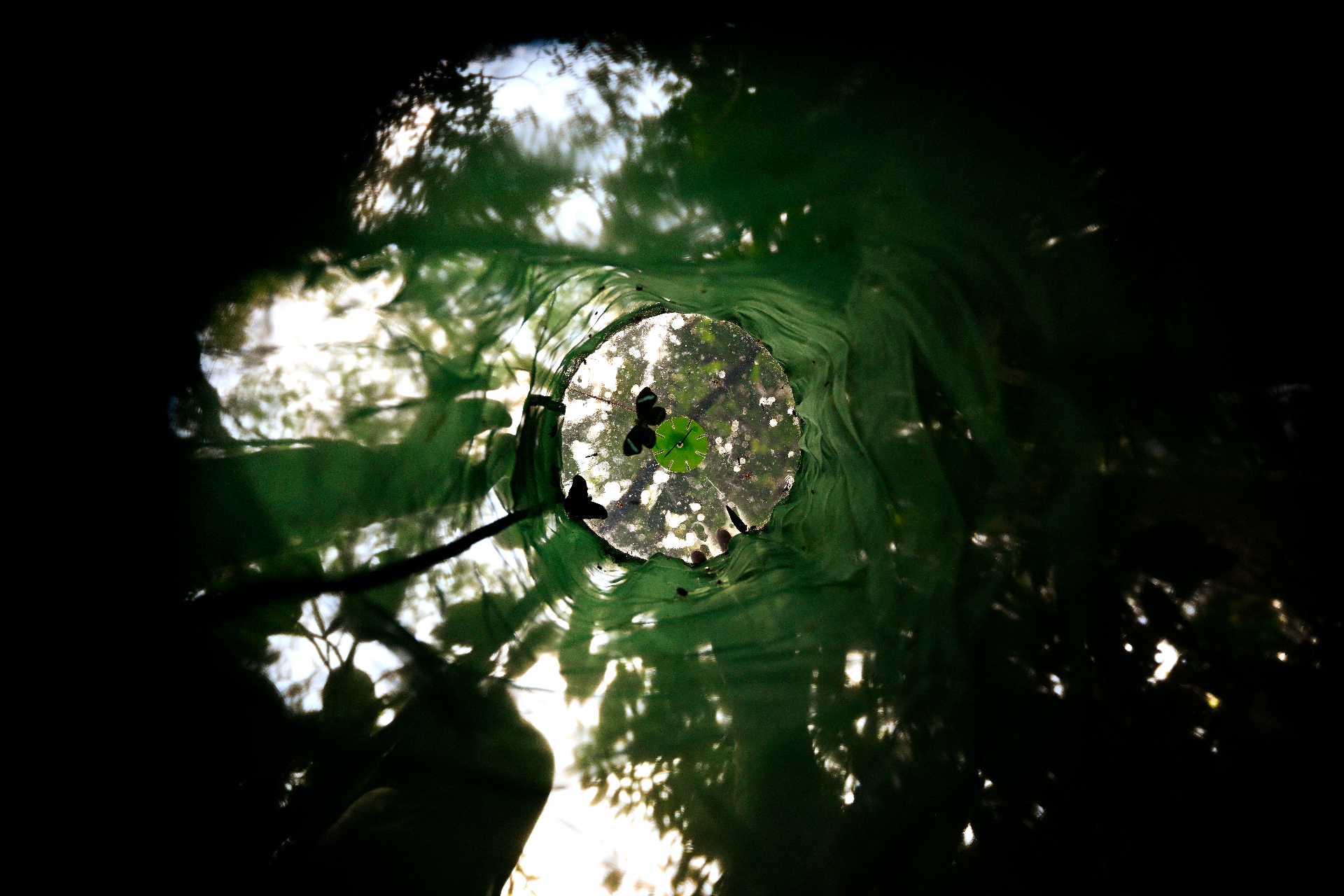The weird reason why we are taller in the morning
Although some may not know this fact, it is scientifically proven that we are taller in the morning, as soon as we get out of bed, and after having had a restful sleep for a few hours.
But why? What is this phenomenon due to? Join us as we take a look at this "mystery".
It all has to do with the spine, but what is the reason that we stand a few centimetres taller after a good sleep? And above all, could this height be maintained throughout the day?
The spine's bones are interconnected by intervertebral discs that become compressed as we perform different daily activities, which implies a decrease in height.
But at night, while we rest, there is less of a load, and the tension decreases, allowing the intervertebral discs to distance themselves and, consequently, we gain a few centimetres.
Specifically, the spine is made up of 24 vertebrae along with the sacrum. And between each of these vertebrae, there is a soft pad that has the function of cushioning and facilitating movement.
These discs or pads are located between each vertebra and their nucleus, known as the nucleus pulposus, which is made up of a type of gelatinous material formed from water.
And in the mornings, after having rested lying down and not having yet suffered the weight of gravity, these discs are more tense and manage to fill with water.
The result is that as we get up we can measure a few extra centimeters, between 1 and 2 centimeters, which decrease throughout the day, as we carry out daily tasks and part of that water is lost from the intervertebral discs.
This also explains why, with the passage of age, we become increasingly shorter as the discs become more rigid and have less capacity for regeneration. However, this also has to do with degenerative diseases such as osteoporosis.
Thus, according to research from the 'Baltimore Longitudinal Study of Aging', women lose about five centimetres between the ages of 30 and 70 and more than six from the age of 80.
On the other hand, men lose, on average, about 1.5 centimetres until they are 70 years old and around five centimetres from the age of 80 onwards.
The human body is fascinating and never ceases to surprise us.
More for you
Top Stories




